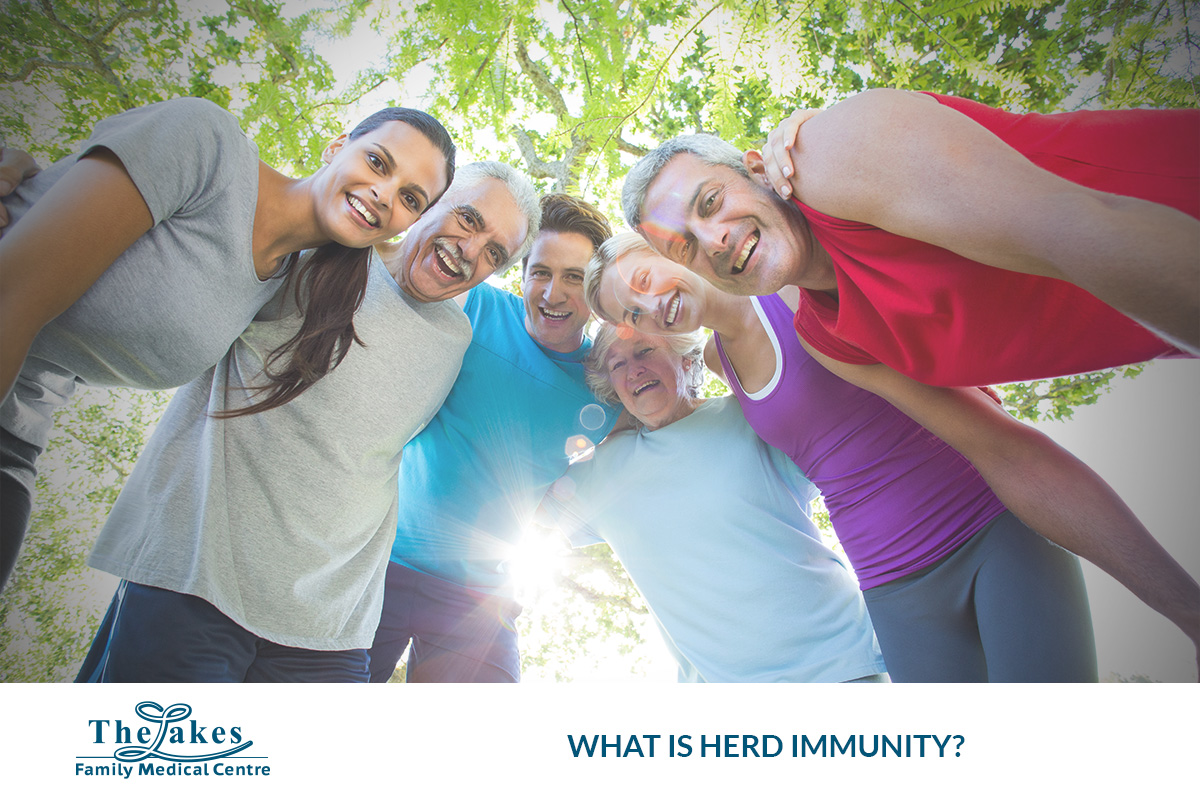
In Australia, particularly across Brisbane and South East Queensland, understanding how infectious diseases spread and how to stop them is essential. One of the most powerful tools we have in public health is herd immunity. But what exactly is it? And why should it matter to you and your family?
What is Herd Immunity?
Herd immunity, also known as community immunity or population immunity, occurs when a large percentage of people in a population become immune to a contagious disease. As a result, the disease struggles to spread, offering indirect protection to people who are not immune.
This type of protection is especially vital for:
- Infants and young children
- Elderly Australians
- People with chronic health conditions
- Individuals with weakened immune systems
Once enough people are immune, outbreaks slow or stop completely reducing the overall burden of disease in the community.
Active vs. Passive Immunity: How Your Body Fights Infection
To understand herd immunity, it is important to know the difference between active and passive immunity.
Active Immunity
This type of immunity happens when your body creates its own defences antibodies after exposure to a virus or bacteria. You can develop active immunity in two ways:
- Natural immunity, after recovering from an infection
- Vaccine-induced immunity, after receiving a safe version of the virus through immunisation
Vaccines work by teaching your immune system how to fight the virus in advance. This is a long-term protection method and it is the foundation of most Australian immunisation schedules.
Passive Immunity
Passive immunity is short-term and occurs when you receive antibodies from another person. This includes:
- Antibodies passed from mother to baby during pregnancy or breastfeeding
- Medical treatments like antibody infusions
Unlike active immunity, passive immunity does not create long-term protection or immune memory.
How COVID-19 Changed the Way We Think About Herd Immunity
Early in the COVID-19 pandemic, public health experts estimated that achieving 60–70% immunity in the population could control the virus.
Several factors made it harder to reach herd immunity:
- The virus mutates rapidly, leading to vaccine-resistant variants
- Not everyone chooses to get vaccinated
- Some people cannot produce enough antibodies due to underlying health conditions
- Immunity from infection or vaccination can reduce over time
Although herd immunity for COVID-19 has proven complex, COVID-19 vaccines in Australia still reduce severe illness, prevent hospitalisations and save lives.
Can We Achieve Herd Immunity Without Vaccines?
No trying to build community immunity through natural infection alone would result in large-scale illness, hospital strain and unnecessary deaths. Relying on natural infection is both unsafe and unsustainable.
In contrast, vaccines offer a controlled and safer way to protect the community, reduce disease transmission and lower the risk of complications.
What Other Diseases Have Taught Us About Herd Immunity
Measles
Measles is one of the most infectious viruses known. To stop its spread, 95% of the population must be vaccinated. Even though Australia has achieved high measles vaccination rates, imported cases and local outbreaks still happen when vaccination rates drop especially in under-immunised communities.
Influenza (Flu)
The flu virus mutates every year. That’s why annual flu vaccines are necessary. While flu vaccines may not stop all infections, they significantly reduce the severity of illness, especially in:
- Young children
- People with chronic disease
- Older Australians
In both cases, herd immunity through vaccination plays a key role in protecting high-risk individuals.
How Vaccination Protects the Vulnerable
Certain people in the Brisbane community cannot receive vaccines due to age or medical conditions. These include:
- Newborns
- People undergoing chemotherapy or organ transplants
- Individuals with autoimmune disorders
When the majority of the population is immune, the risk of disease exposure drops, keeping these vulnerable people safer. In this way, getting vaccinated is not just about protecting yourself it is about protecting your community.
The Risk of Falling Immunisation Rates
When more people choose not to vaccinate, the community’s overall protection weakens. This is known as the “free rider problem “where some people rely on others being vaccinated but do not contribute to herd immunity themselves.
As seen in countries with measles outbreaks, low vaccination coverage leads to:
- Disease resurgence
- Preventable hospitalisations
- Increased complications and mortality
In Queensland, maintaining high immunisation rates is crucial for keeping disease outbreaks at bay.
Virus Evolution and the Importance of Updated Vaccines
Some viruses, like COVID-19 and influenza, adapt over time. This can reduce the effectiveness of existing vaccines, requiring updated versions each year.
This phenomenon, called antigenic drift or antigenic shift, challenges long-term herd immunity. To keep protection levels high:
- Health authorities update flu and COVID-19 vaccines
- Research continues into “universal vaccines” that target multiple strains
- Booster doses may be needed for ongoing protection
In Australia, vaccine recommendations are regularly reviewed by ATAGI (Australian Technical Advisory Group on Immunisation) to respond to these changes.
The End Goal: Disease Elimination Through Vaccination
When a population maintains herd immunity over time, the disease can stop spreading completely. With global cooperation, we have already eliminated smallpox and rinderpest and we are close to eliminating polio.
Benefits of disease eradication include:
- No further illness or deaths
- Lower healthcare costs
- Redirecting health resources to other areas
Final Thoughts: The Power of Collective Protection
Herd immunity is not just a scientific theory it is a real-world solution that saves lives. Whether you are booking a childhood vaccination, getting your annual flu shot or staying up to date with COVID-19 boosters, every action counts. At Lakes Family Medical Centre in Brisbane, we are proud to support families with medical advice, immunisations and ongoing care tailored to your needs. By choosing to vaccinate, you help build a healthier, stronger community for everyone.
Learn more about The Lakes Family Medical Centre :




